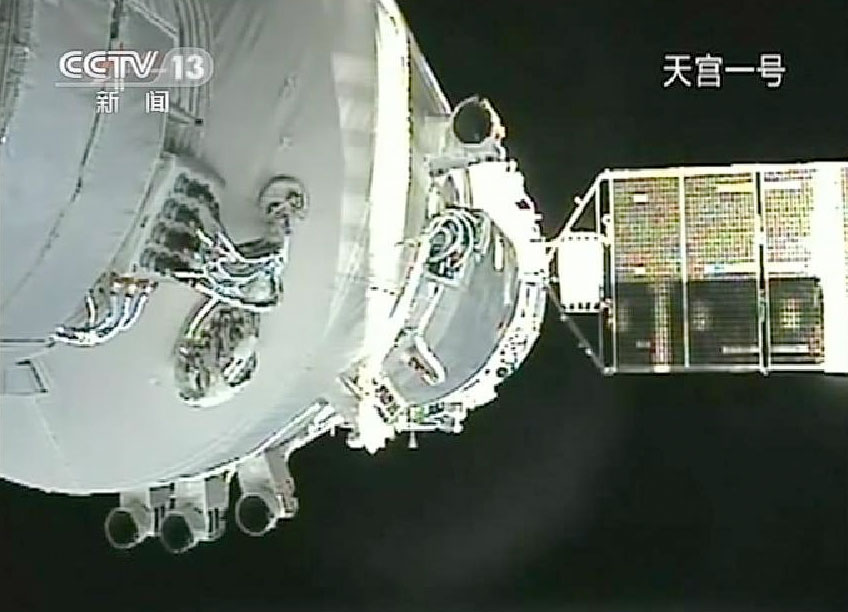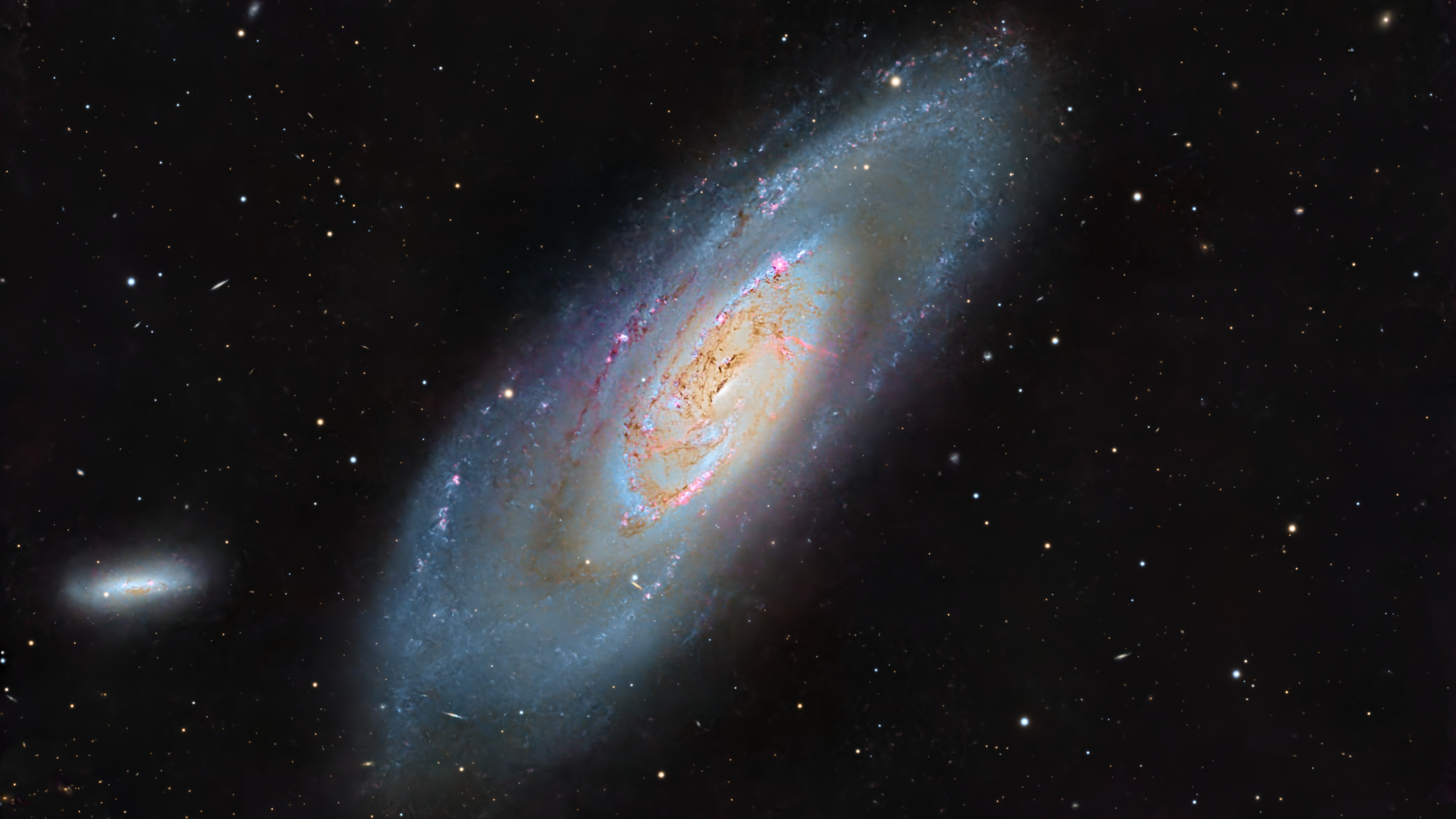China Opens 'Space' Post Office on Docked Spacecraft

China opened a new post office Thursday (Nov. 3) with a street address that is 213 miles (343 km) above the Earth.
Coinciding with the country achieving its first ever docking in space between the unmanned Shenzhou 8 spacecraft and Tiangong-1 space lab module, the "China Post Space Office" opened for business both on the ground in Beijing Aerospace City and, at least virtually, on board the newly established orbital complex.
Located on the ground near China's mission control, the Beijing Aerospace Command and Control Center (BACC), the new space post office even has its own zip code that extends into orbit: 901001.
Like any postal facility, the office will process letters and, in this case, e-mails, making it possible for the public to write Chinese astronauts, or "taikonauts," on the ground and in space. The space post office will offer domestic and international delivery as well as philatelic products, with more services expected to be introduced as China's aerospace industry eventually expands.
Yang Liwei, who in 2003 became China's first taikonaut in space, will serve as the post office's honorary chief.
A partnership between the China Post Group Corporation and the China Manned Space Engineering (CMSE) Office, the post office will also sell philatelic collectibles depicting China's major events in space. Among the first souvenirs offered are cancelled envelopes, or "covers," celebrating the Shenzhou 8 and Tiangong 1 docking complete with a commemorative postmark. [Photos From China's 1st Space Docking Mission]
China's postal service has issued other commemoratives for its country's previous space accomplishment but not through a dedicated "space" post office.
Get the Space.com Newsletter
Breaking space news, the latest updates on rocket launches, skywatching events and more!
Shenzhou 8, which launched on Oct. 31 EDT, caught up with and docked at the Tiangong 1 space lab module on Nov. 2 EDT. The two unpiloted spacecraft will remain linked for 12 days before the Shenzhou detaches, backs away, and then approaches again. After the second demonstration of docking techniques, Shenzhou 8 will return to Earth.
In addition to demonstrating docking, Shenzhou 8 is also flying space life science experiments for both China and Germany.
The first docking established China as the third nation to achieve such a space feat with spacecraft designed to carry astronauts, after the United States and Russia. The orbital hookup marked a step forward toward China's plans to deploy a manned space station by 2020.
Russia has operated a makeshift post office on its space stations since the 1970s and continues to operate such a service on the International Space Station.
The Russian space office consists primarily of a postmark device that is only used in space. Cosmonauts use the ink stamp to mark letters and postcards as having flown in orbit, but also use it to mark other space souvenirs including crew notebooks, equipment and patches.
Follow collectSPACE on Facebook and Twitter @collectSPACE and editor Robert Pearlman @robertpearlman. Copyright 2011 collectSPACE.com. All rights reserved.
Join our Space Forums to keep talking space on the latest missions, night sky and more! And if you have a news tip, correction or comment, let us know at: community@space.com.

Robert Pearlman is a space historian, journalist and the founder and editor of collectSPACE.com, a daily news publication and community devoted to space history with a particular focus on how and where space exploration intersects with pop culture. Pearlman is also a contributing writer for Space.com and co-author of "Space Stations: The Art, Science, and Reality of Working in Space” published by Smithsonian Books in 2018.In 2009, he was inducted into the U.S. Space Camp Hall of Fame in Huntsville, Alabama. In 2021, he was honored by the American Astronautical Society with the Ordway Award for Sustained Excellence in Spaceflight History. In 2023, the National Space Club Florida Committee recognized Pearlman with the Kolcum News and Communications Award for excellence in telling the space story along the Space Coast and throughout the world.










